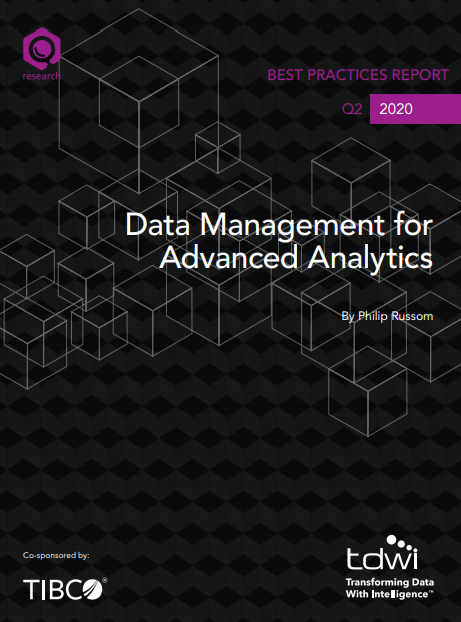Throughout the year, Chief Data Officers (CDOs) from all over the world have been sharing their experiences, successes and failures during the first 90 days of their new role. Whether in Sydney, San Francisco, Singapore or Melbourne there has been a certain degree of commonality in their tales and the qualities they consider to be key for success.
Last week, at the CDO Forum, Europe 2015 at One Whitehall Place, 130 CDOs and data experts assembled from all over Europe and I had the privilege of listening to CDOs from News UK, Pioneer Investments, XL Catlin, ING and Zurich Insurance share the key lessons learned from the first 90 days in their current roles.
What they discussed provided an illuminating insight into the issues faced by onboarding CDOs in greater detail than ever before. Whilst all of their points raised by the panellists were extremely valuable to current, de facto or aspiring CDOs, three points piqued my interest in particular. Although the ideas had been touched on by CDOs at previous events, the manner in which they were expressed was particularly interesting.
1) Make people care about data.
Let’s face it, despite your passion for data, most other people really do not care. They have other things to worry about in their day-to-day tasks to try to understand the importance of good Data Governance and the value of great Data Analytics. To combat this, according to our CDO panellists, there are two major things you can do. None of these strategies are likely to convert your Business Development Director into a fully-fledged aspiring Chief Data Officer, but it will at least help people understand the value of data in their roles.
Firstly, keep it simple. Whilst it may not seem like rocket science to you, some people find it hard to get their head around data, so break it down and make it as easy to understand as possible. One of the best ways to do this is to make it relatable to their role.
Secondly, become a storyteller. If you really want people to take an interest in data, you need to get creative. Create and share compelling stories about how data has made a difference, whether to other parts of the business or to similar business functions in previous roles. Talk people through the process, from beginning to end, as to how data was sourced, acquired, managed and analysed to make a real and significant impact on the business. If your case is compelling enough, people will soon want to know if you can do the same for them and what they need to do to help.
2) Understand the business inside out.
This is twofold. First of all, you need to understand the business at the top-level. A definitive knowledge of what you sell, how you sell it and what your customers need, particularly within the context of your industry’s key challenges, will help you immeasurably. Equipped with a deep understanding of your organisation’s key business drivers and your industry’s complexities, you can begin to plot how you can leverage your organisation’s data to meet these key considerations.At the same time, however, you need to understand the business on a granular level. To successfully do this, our CDOs believe you should speak to key stakeholders on the ground level, in the trenches if you like, and ask them ‘what are you trying to achieve?’ This simple question can provide you with a key insight into the major goals (and challenges) of all business lines. You can then go about helping them achieve their targets through the use of enterprise data.
3) Identify potential data allies.
Whilst there is a lot of validity in the first point, there are some people in your organisation who do have an interest, however small, in data. A healthcare CDO in the USA refers to these as ‘Friends of Data’.
In a way, this point compliments the last two, the key is to identify these people, flush out their level of interest and knowledge in data and then empower them. These are your allies in the so-called trenches, the people you can lean on to reaffirm your storytelling and to reiterate the value of data to their line of business when you’re not there to do so.
By Adam Plom
Adam Plom is the Global Head of Content for the CDO Forum. Adam has organised numerous CDO Forums in Europe, North America, Asia and Australia and recently featured in a Financier Worldwide magazine interview, titled: The Evolution of the CDO, as well as co-authoring The Chief Data Officer Forum Review. For enquiries, email: adam.plom@coriniumintelligence.com.







.jpg)

